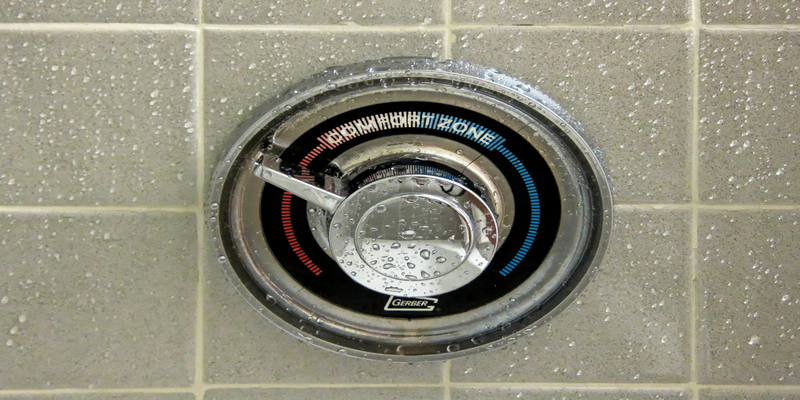The old real estate adage says,
Location is everything”
We all want a house near the beach, in the same neighborhood as the best schools, or close to friends & family.
But there is one location that is just as important, yet very hard to get to–there…as in “out there.”
Whether it is our dating life, our professional life, or our emotional life, we often hear about “putting ourselves out there.” “There” may not be on a map, but deep down we all know where it is. Its the conversation with the pretty woman at the party. Its the pitch meeting with potential investors. Its the difficult conversation with a loved one.
We know we have to put ourselves out there, but not often are we told how to do so.
Until now.
Author Susan Cain has put together a free eBook titled, The Power of Introverts, in which she covers many great topics including How To Overcome The Fear Of Putting Yourself Out There.
Here are Cain’s seven ideas to help us all power through this disabling feeling:
1. Know that you’re in good company.
We think we are alone in our fear of stepping out of our comfort zone. To quote Veggie Tales, we “couldn’t be more wronger.” Nearly everyone shares this fear. As Cain points out, Charles Darwin waited 34 years before he published his book that humans evolved from monkeys. Experts feel that this holdup was due to his fear that others would judge his heretical theory. Scholars call this “Darwin’s Delay.”
2. When it comes to social media, think self-expression, not self-promotion.
I like to blog but I hate to tweet. “Who am I to think that others care what I have to say,” is a common thought I have when contemplating a post to Twitter. Why do I think about that a 140 character tweet, but not a 500 word blog post. To me, tweeting feels like self-promotion but somehow I have convinced myself that blogging is self-expression. Cain points out that in order to put ourselves out there in social media we need to think in terms of self-expression and not self-promotion. We need to make social media feel more like a creative project and less like an exercise in self-disclosure.
3. Coffee will deliver you from self-doubt.
Since I am not a coffee drinker I will have to let Cain explain this one. She says, coffee “gets you excited about new ideas and helps you ignore the chorus of judgers inside your head. It propels your thinking and helps you make connections between seemingly unrelated things.”
4. Train yourself to associate idea generation with pleasure.
When we think of “putting ourselves out there” we think of an uncomfortable situation. The awkwardness of a first conversation or the sweat-causing feeling of sharing your ideas with a superior. Cain explains that one way she tricks herself into believing that sharing her ideas is a good thing is by working at a cozy café table and indulging in a chocolate muffin. This habit might not be the best for her diet, but it has a much more powerful benefit. It allows her to associate writing and idea generation with happy thoughts.
5. Work alone (or “alone together”— for example, sitting by yourself in a coffee shop or library).
I completely agree with this one. I do some of my best writing at the library. I see others reading or writing and I feel like part of a community. A community that won’t bother me. This allows me to drop my guard and focus on my work.
6. Work at night when your cortisol levels are lower.
Cain says that “Cortisol is a stress hormone, and it peaks in the morning and steadily dissipates through out the day. For some of us, these peaks and falls are especially pronounced. Indeed, creativity researchers believe that a relaxed brain, a brain that is not in the grip of anxiety or blocked by other psychological barriers, is a more creative brain.”
7. Strengthen your backbone and, therefore, your confidence in small steps.
If there was a waffling Olympics I would probably win Gold, or maybe Bronze, actually make that Silver…I just can’t decide. I struggle to take a firm stance on topics. I never realized it, but this plays into my inability to put myself out there. How can I express myself if I don’t know where I stand. Luckily, this is something that can be changed. Cain says the best way to strengthen our backbone is to “get in the habit of asking yourself where you stand on various questions. When you have firm opinions or a strong sense of right or wrong on a given question, savor the feeling. It doesn’t matter what kind of question — it can be how to organize the dishwasher.”
To read more & get your free copy of The Power of Introverts HERE.
Photo credit: Flickr




